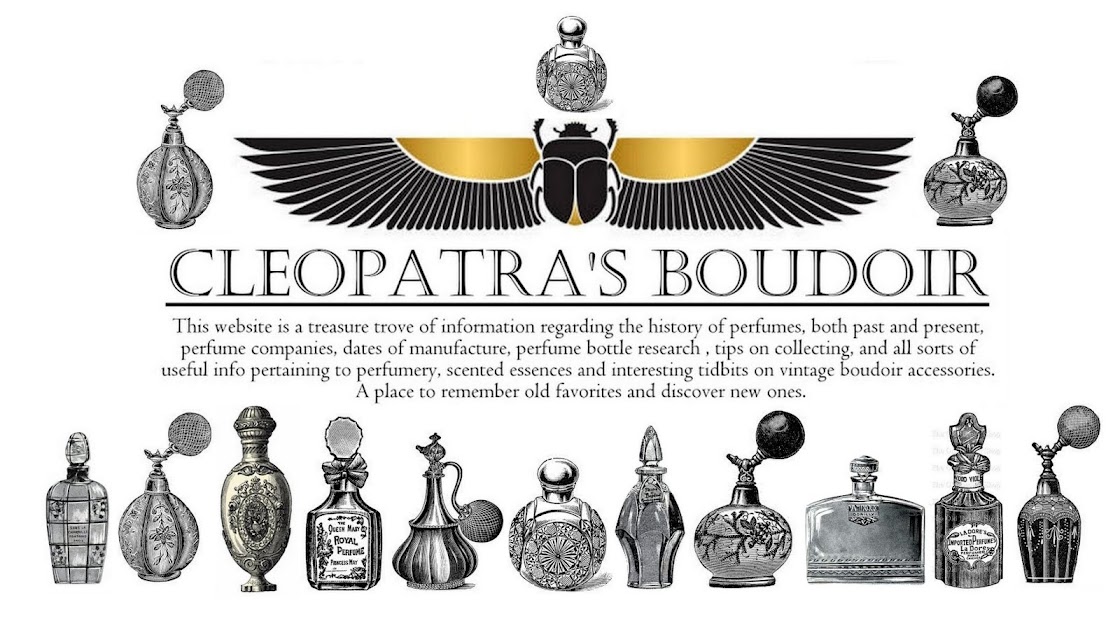In the 1960s, the concept of masculinity was deeply intertwined with themes of ruggedness, adventure, and tradition. Equestrianism, particularly in the context of sports and leisure activities, symbolized these ideals. Men were often portrayed as strong, assertive figures, embodying qualities of athleticism and sophistication. Films of the era often featured themes of horse racing, polo matches, and competitive riding, such as "National Velvet" (1944) and "The Horse Soldiers" (1959), which resonated with audiences and reinforced these ideals of masculinity.
Jean Desses, in naming his men's fragrance "Gymkana," drew upon this cultural backdrop. The word "Gymkana" itself originates from the Hindi word "jimkhana," meaning a place where sporting events take place, typically equestrian or athletic in nature. This term, adapted into English as "gymkhana," evokes images of skill, agility, and competition — qualities that align well with the active and confident persona associated with masculinity in the 1960s.
Choosing "Gymkana" as the name for a men's fragrance was a strategic decision. It not only evoked a sense of adventure and sportiness but also hinted at tradition and heritage, appealing to men who identified with these qualities. The scent would likely resonate with men of the time period, offering them a way to embody and express their idealized masculine identity through fragrance.













